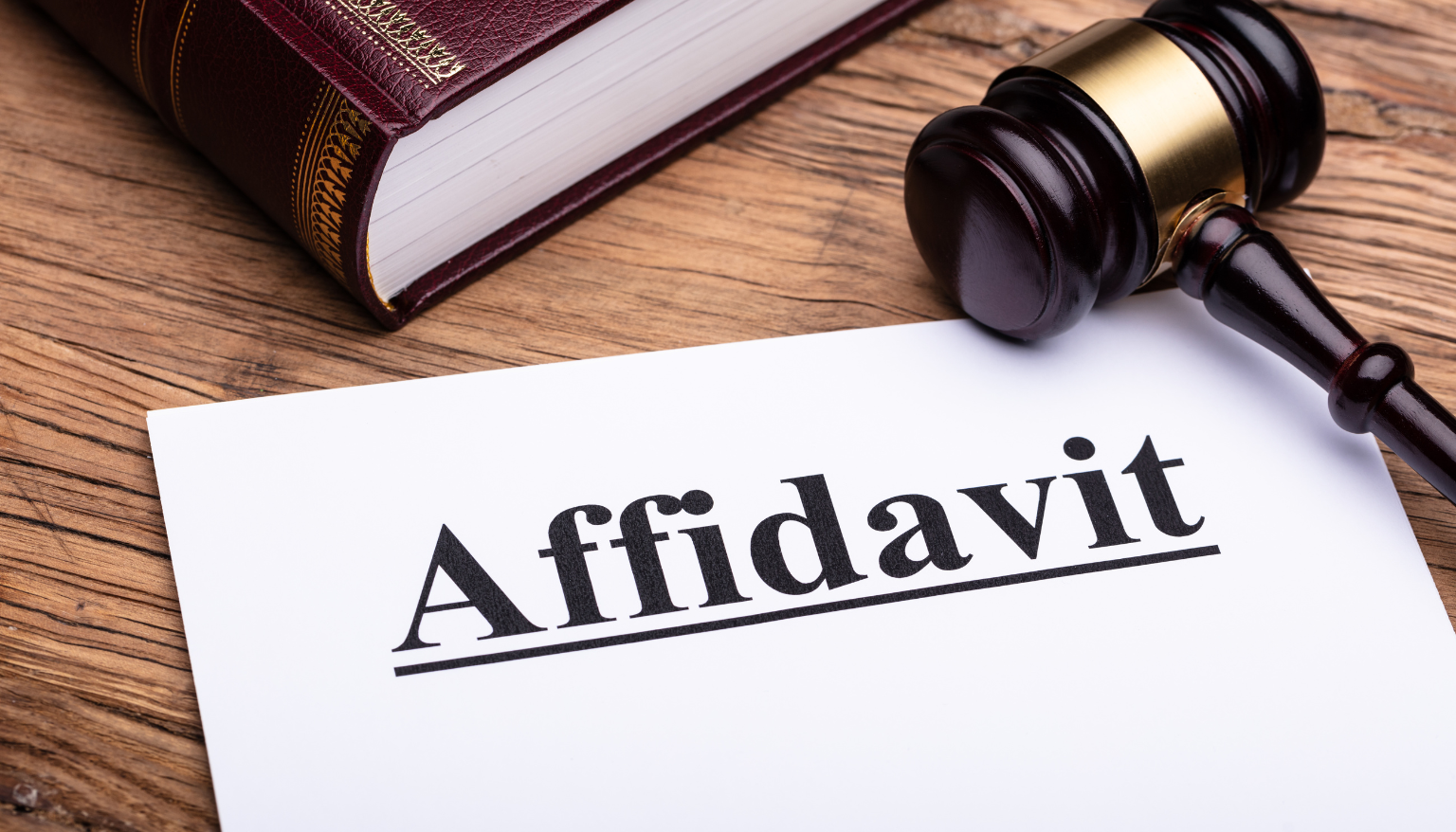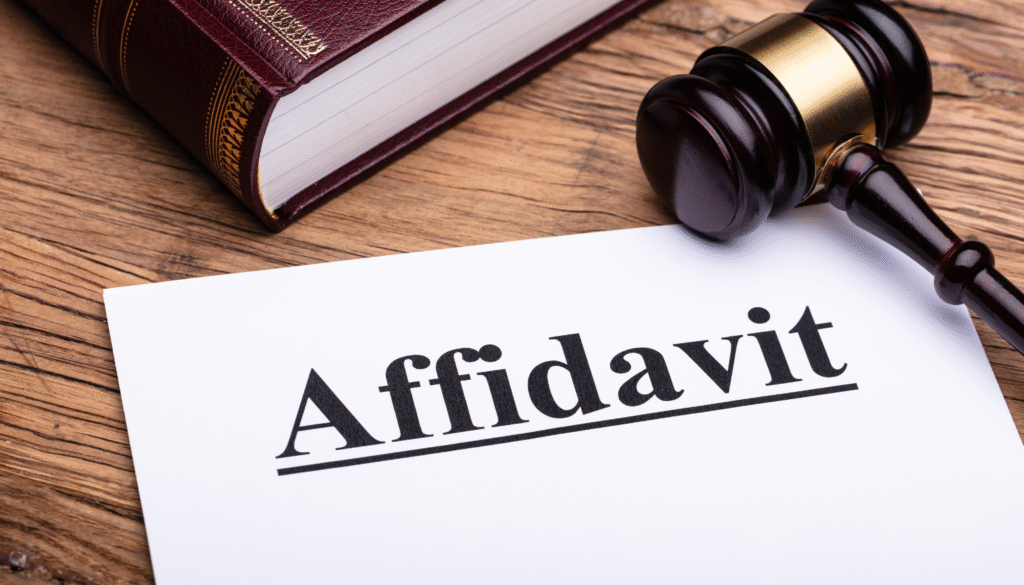Affidavit attestation in Dubai is an essential legal process that ensures the authenticity and validity of documents for both personal and professional purposes. Whether you are applying for a visa, seeking employment, pursuing education, or dealing with legal procedures, affidavit attestation is often required. In Dubai, this process involves verifying the signature, seal, and identity…
Affidavit attestation in Dubai is an essential legal process that ensures the authenticity and validity of documents for both personal and professional purposes. Whether you are applying for a visa, seeking employment, pursuing education, or dealing with legal procedures, affidavit attestation is often required. In Dubai, this process involves verifying the signature, seal, and identity of the issuing authority to ensure that the affidavit is genuine and acceptable by local and international organizations. The procedure can appear complex due to the multiple steps and authorities involved, but understanding the process thoroughly can save time and prevent unnecessary complications.
What is Affidavit Attestation?
An affidavit is a sworn statement or declaration made by an individual under oath, and it holds legal significance in various matters. Attestation of an affidavit refers to the process of verifying its authenticity by designated authorities to ensure it can be legally accepted in Dubai or other countries. Affidavit attestation is often necessary when presenting documents for official purposes such as marriage registration, legal disputes, property transfers, or overseas employment. The attestation confirms that the document is issued by a legitimate person or institution and that the signatures and seals on it are valid. In Dubai, this procedure is regulated to maintain transparency and prevent the use of forged documents.
Importance of Affidavit Attestation in Dubai
The importance of affidavit attestation in Dubai lies in its role in validating documents for both domestic and international use. Without proper attestation, affidavits may not be recognized by government agencies, courts, or foreign embassies. For example, if you plan to submit an affidavit for employment abroad or to handle property disputes, it needs to be attested to prove its authenticity. Similarly, personal affidavits for purposes such as name change, guardianship, or financial declarations require attestation to ensure they are legally enforceable. The attestation process acts as a safeguard against fraudulent claims and provides a legal assurance that the document is genuine and credible.
Who Requires Affidavit Attestation?
Affidavit attestation is commonly required by individuals, businesses, and organizations that deal with legal or official processes in Dubai or internationally. Expats in Dubai often need attested affidavits when applying for family visas, employment opportunities, or legal matters related to their home countries. Business entities might require affidavit attestation for contractual obligations, financial declarations, or trade-related documentation. Students seeking admission to universities abroad also need their affidavits attested for verification of educational and personal details. Essentially, anyone dealing with legal, immigration, or educational authorities will likely require attested affidavits to ensure compliance with official standards.
Steps Involved in Affidavit Attestation
The process of affidavit attestation in Dubai involves several steps, starting from the verification by the issuing authority to final attestation by higher authorities. Initially, the affidavit must be notarized by a notary public or a local authority. After notarization, the document is attested by the relevant state or home department, depending on the nature of the affidavit. For international use, it may further require attestation by the Ministry of Foreign Affairs (MOFA) in Dubai and the concerned embassy of the destination country. Each step is crucial as it ensures the document’s authenticity and acceptance across various platforms. Understanding these steps is vital to avoid rejection of documents due to incomplete or improper attestation.
Documents Required for Affidavit Attestation
To complete the affidavit attestation process, certain documents are mandatory. Typically, the original affidavit is the primary document required for attestation. Additionally, valid identification documents such as a passport, Emirates ID, or other legal IDs are necessary to verify the individual’s identity. Supporting documents, if any, related to the affidavit must also be presented during the process. For affidavits intended for international purposes, additional documents like visa copies, proof of address, or supporting legal papers may be required. Having all necessary documents ready ensures a smooth attestation process without delays or complications.
Role of Notary Public and MOFA in Dubai
The notary public plays a fundamental role in the affidavit attestation process as they are the first authority to verify the authenticity of the document. The notary public checks the identity of the person signing the affidavit and ensures that the statement made is voluntary and truthful. After notarization, the Ministry of Foreign Affairs (MOFA) in Dubai becomes the key authority to provide final attestation for international use. MOFA attestation is often mandatory when documents are to be presented in foreign countries, as it provides the highest level of verification and credibility. Together, these authorities ensure that affidavits are legally valid and trustworthy.
Common Uses of Affidavit Attestation
Affidavit attestation in Dubai is required for a wide range of purposes in both personal and professional scenarios. For personal use, attested affidavits are often needed for name change declarations, marital status confirmations, or parental consent for minors. In legal matters, affidavits related to property disputes, inheritance claims, or court submissions must be attested to ensure authenticity. For professional reasons, affidavits may be required for employment contracts, business agreements, or financial declarations. Educational institutions may also require attested affidavits for student admissions, scholarships, or verification of qualifications.
Challenges in Affidavit Attestation
While the process of affidavit attestation is straightforward in principle, several challenges can arise due to lack of knowledge or incomplete documentation. Delays can occur if the affidavit is not prepared in the correct format or lacks proper signatures. Miscommunication with the concerned authorities or embassies can also lead to rejections or additional verification steps. For expats, language barriers or unfamiliarity with local regulations can further complicate the process. Therefore, it is crucial to understand the requirements of affidavit attestation in Dubai and ensure that all documents are properly prepared before submission.
Tips for a Smooth Affidavit Attestation Process
To ensure a hassle-free affidavit attestation process in Dubai, it is important to follow a few essential tips. Firstly, prepare the affidavit in a legally accepted format and ensure that it is signed in the presence of a notary public. Secondly, keep all supporting documents and valid identification ready for verification. It is advisable to consult with legal experts or professional attestation services to avoid errors or delays. Additionally, understand the sequence of attestation steps, especially if the document is intended for international use, as embassy and MOFA attestation may be required. Following these tips will ensure that your affidavit is accepted without complications.





